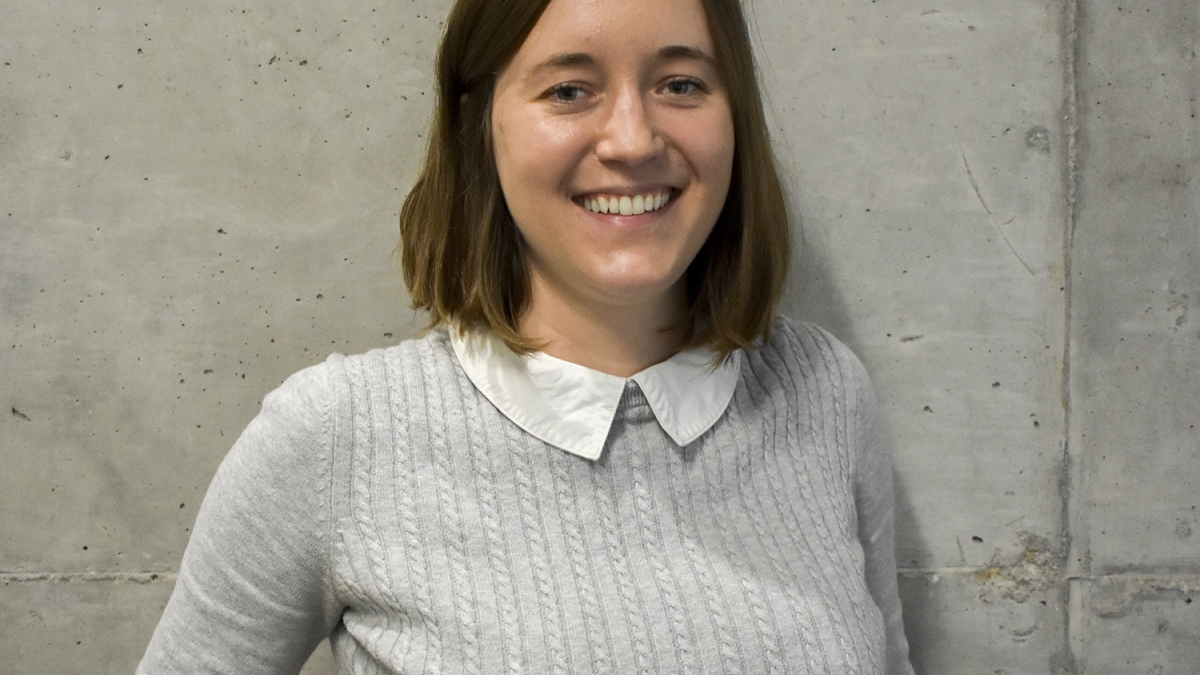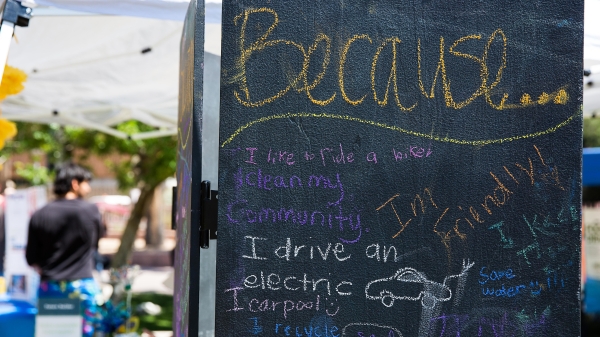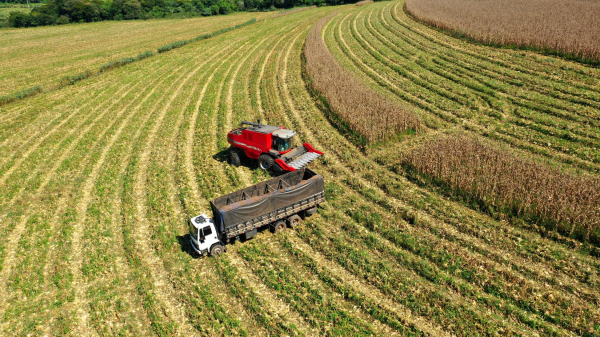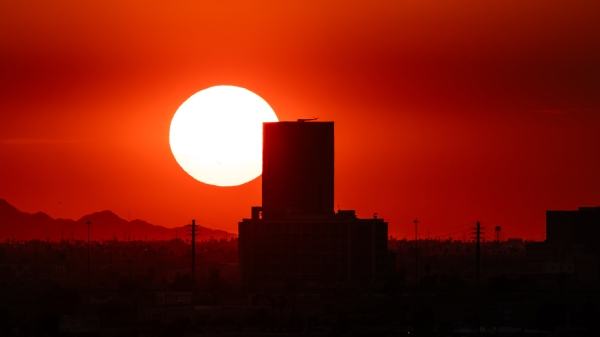Urban planning graduate inspired to tackle transportation issues

Monika Mlynarska will be graduating this May with her Master of Urban and Environmental Planning degree from ASU's School of Geographical Sciences and Urban Planning.
Editor’s note: This is part of a series of profiles for spring 2019 commencement.
One class, one subject, one professor — it can be just one thing that can spark a new interest for a student. This was the case for Monika Mlynarska when she took a transportation planning course.
“We learned about the successes of bus rapid transit systems around the world,” she recalled. “It was my first time learning about such a unique transit system.”
That class, Transportation Planning and the Environment, then sparked a continuing interest for Mlynarska as she learned about how transportation influences economic development and social needs, as well as how the planning can affect the environment. The exposure to new ideas and ways of planning inspired Mlynarska to focus on transportation planning during her degree program.
Mlynarska will be graduating this May with her Master of Urban and Environmental Planning degree from the School of Geographical Sciences and Urban Planning. We asked her a few questions about her time at ASU.
Question: What’s something you learned while at ASU — in the classroom or otherwise — that surprised you, that changed your perspective?
Answer: The urban planning profession is complex and interesting, but also still evolving. It is the new generation of planners’ role to determine what the future will look like and how the profession will be seen.
Q: Why did you choose ASU?
A: ASU offered small class sizes, vast opportunities for gaining skills in the industry through internships and passionate urban planning faculty.
Q: Which professor taught you the most important lesson while at ASU?
A: Dr. Deborah Salon taught me that often, the only thing separating successful people from others is a willingness to ask for help. In many cases, the most one has to lose is nothing.
Q: What’s the best piece of advice you’d give to those still in school?
A: Take advantage of the opportunities and relationships that are available to you through your peers, advisers and professors.
Q: What was your favorite spot on campus, whether for studying, meeting friends or just thinking about life?
A: The "secret" garden — it is directly across Coor Hall and offers green space that is relaxing and can aid in de-stressing in between classes.
Q: What are your plans after graduation?
A: I hope to join the urban planning profession as a transportation or transit planner, and continue learning.
Q: If someone gave you $40 million to solve one problem on our planet, what would you tackle?
A: I would invest that money into shade tree planting along high-capacity transit corridors — this would hopefully tackle a few problems at once! Encourage people to walk to transit, help combat climate change and reduce the urban heat-island effect.
More Environment and sustainability

Earth Day celebrations focus on making our planet a priority
On April 22, Earth Day is celebrated across the country and in nearly 193 countries around the world. Arizona State University…

ASU scientist studies how bans, regulations on food technology affect consumer acceptance, perceptions
How do people process scientific developments with outside influences, warnings, biases and others’ opinions filtering in? That…

ASU team's research leads to new law protecting mobile-home dwellers
Arizona Gov. Katie Hobbs signed a law earlier this month that guarantees mobile-home owners’ right to install cooling measures,…